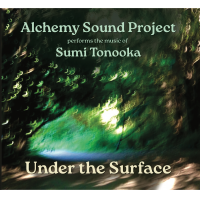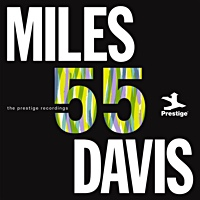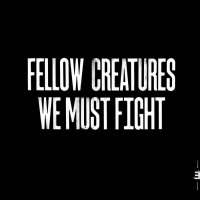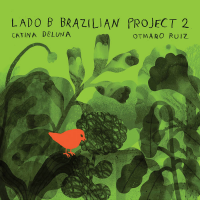Home » Jazz Articles » Album Review » Laurie Dapice: Parting the Veil
Laurie Dapice: Parting the Veil
Dapice fears no standard, taking on several of the tried-and-true. She opens with a high breeze "You'd Be So Nice to Come Home To," that features a fine piccolo break by

Paul Lieberman
woodwinds
Elias Bailey
bass, acousticDapice does not fear lengthy pieces either. Four of the ten selections are greater than seven minutes in length. She takes this time to allow her songs to properly unfold and to show off the technical particulars of her finely tuned soprano voice. This hardly seems the voice of a debut recording as fully developed as it is. Dapice exudes complete confidence, solidly understanding exactly what she wants to do and doing it exactly as she sets out to.
Dapice closes the disc with the traditional "Motherless child." It is the longest piece of the collection, employing all of her vocal and her band's instrumental wares. It is stunning, from the impressionistic piano opening by

Aaron Graves
keyboards
Cassandra Wilson
vocalsb.1955
Track Listing
YouЎҜd Be So Nice to Come Home To; What is This Thing Called Love; Just for Me; Midnight Sun; Feeling Good; Goodbye Summer; Throw it Away; Social Call; Winter Waltz; Motherless Child.
Personnel
Laurie Dapice
vocalsLaurie Dapice: arrangements, vocals, African Drum Box, kalimba, rainsticks, shakers, ankle bells, singing bowl; Art Hirahara: piano (1,2,3,4,5,6,7,9); Aaron Graves: piano (8,10); Elias Bailey: bass (1,2,3,4,5,8,9,10); Rufus Reid: bass (6, 7); Dwayne Cook Broadnax: drums (1,2,3,4,5,9); Michael TA Thompson: drums/percussion (6,7); Yaron Israel: drums (Tracks 8 and 10); Paul Lieberman: piccolo/alto sax/soprano sax/flute; Akua Dixon: cello.
Album information
Title: Parting the Veil | Year Released: 2015 | Record Label: Self Produced
Tags
Comments
PREVIOUS / NEXT
Support All About Jazz
 All About Jazz has been a pillar of jazz since 1995, championing it as an art form and, more importantly, supporting the musicians who make it. Our enduring commitment has made "AAJ" one of the most culturally important websites of its kind, read by hundreds of thousands of fans, musicians and industry figures every month.
All About Jazz has been a pillar of jazz since 1995, championing it as an art form and, more importantly, supporting the musicians who make it. Our enduring commitment has made "AAJ" one of the most culturally important websites of its kind, read by hundreds of thousands of fans, musicians and industry figures every month.




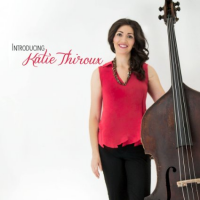




 Buy Now
Buy Now


